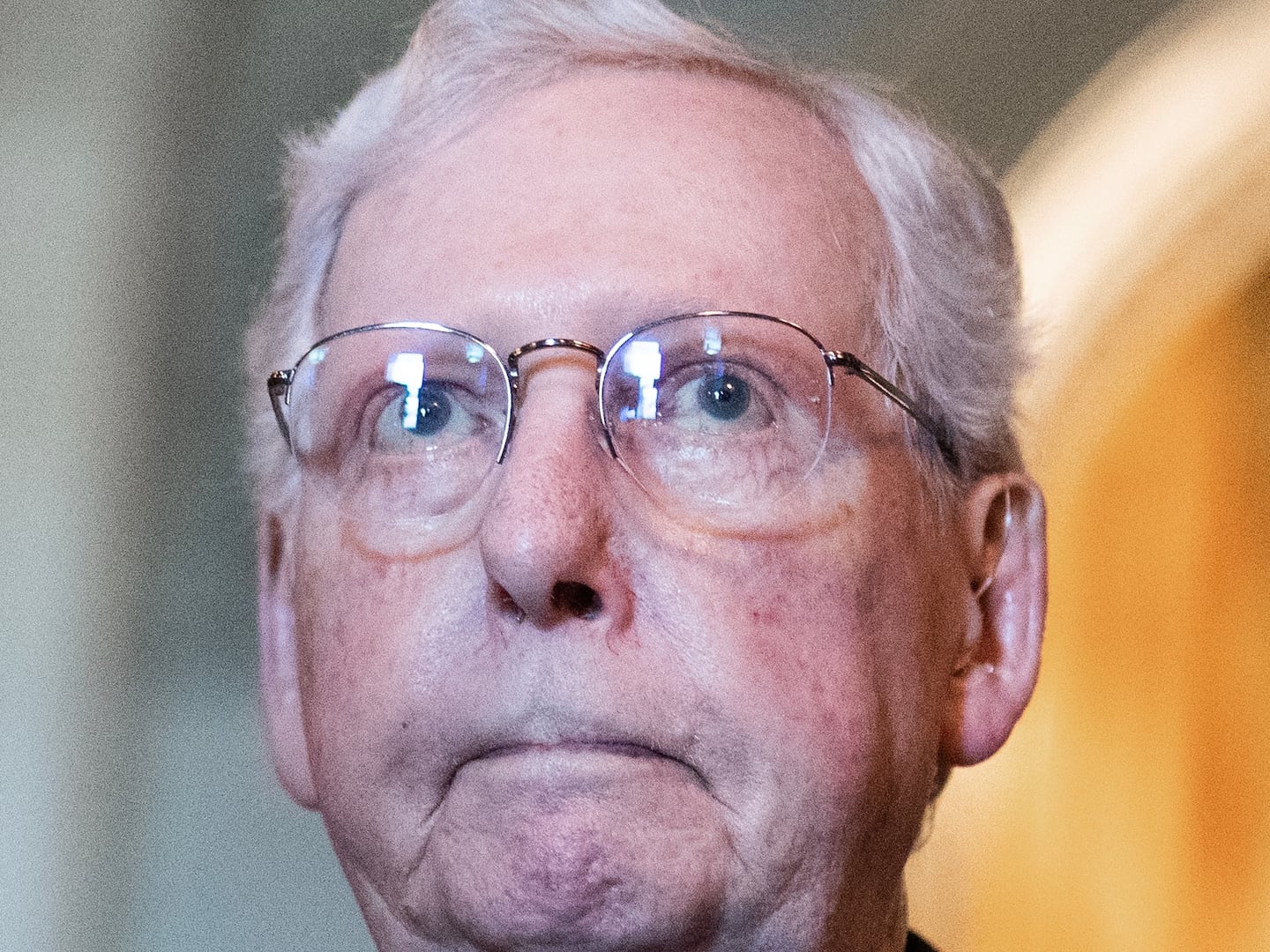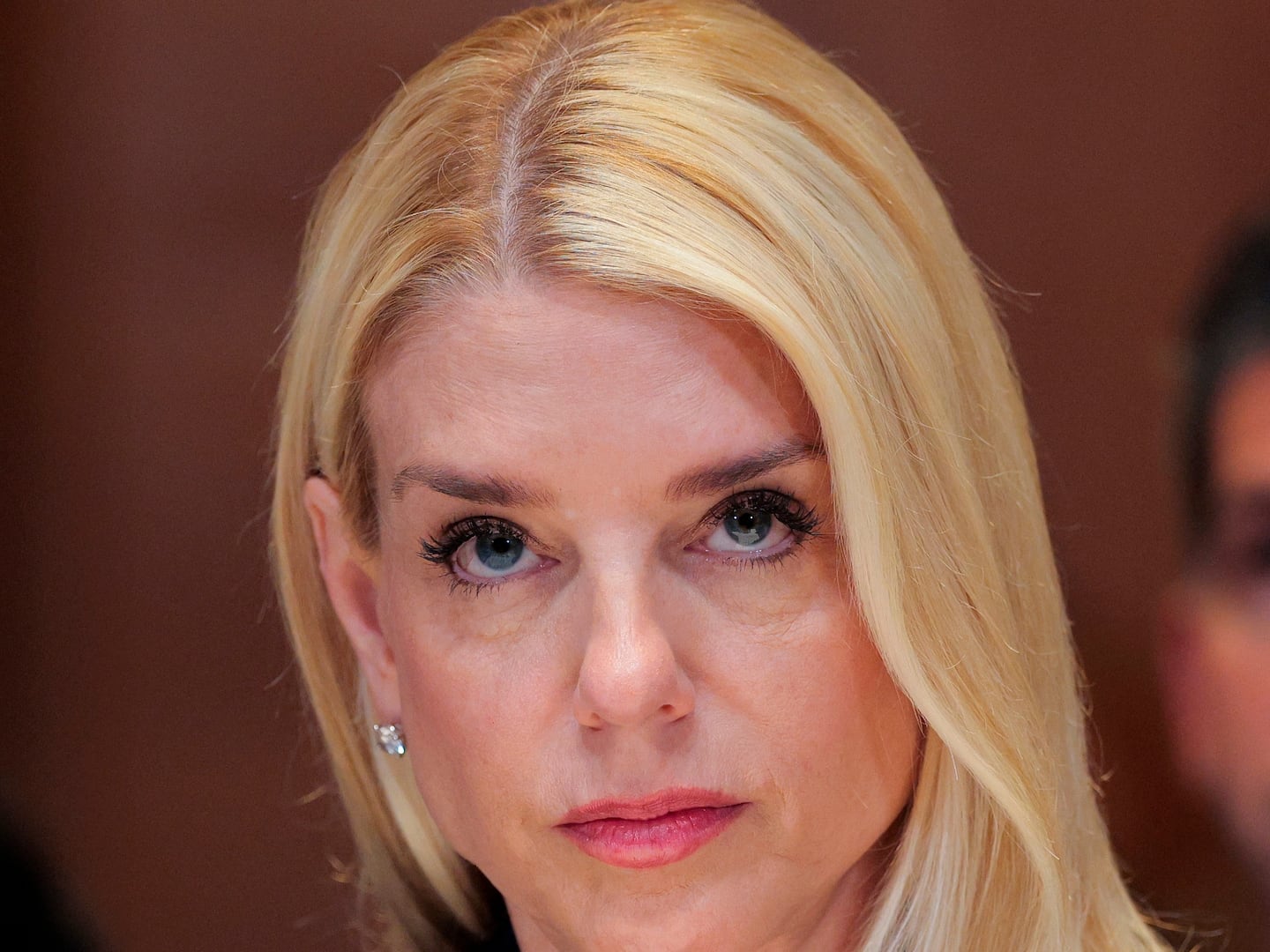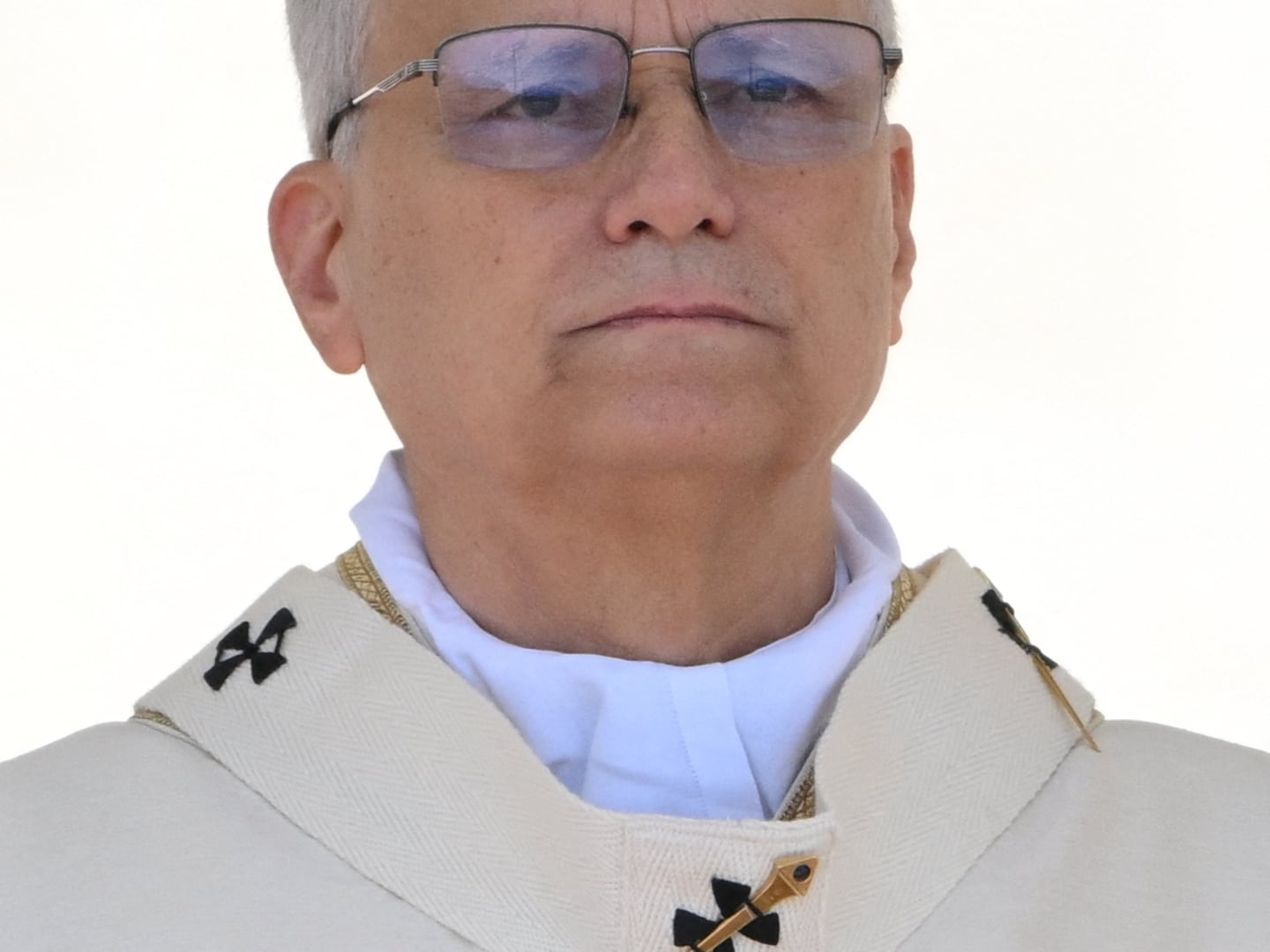Some see the pope as an administrator of that enormous multinational corporation called the Catholic Church. Others prefer to see him as the corporeal symbol of something still more vast: the human spirit and its relationship to the Holy Spirit.

In practice, every Vicar of Christ has something of the CEO about him. But when it comes to Benedict XVI, who rose to power in the Vatican as its enforcer of orthodoxy, one always suspected his heart was more in administration than incarnation. And his announcement that he will resign because he can no longer perform his duties to his own satisfaction is proof enough of that. It is a responsible decision, and a worthy one. It is even brave, considering how little precedent there is for it. (The last papal resignation was before Columbus sailed to America.) But it is not inspiring.
The contrast with Benedict’s predecessor, John Paul II, is striking. The late pontiff was in much worse shape. At the age of 84, he was a year younger than Benedict is now, but afflicted with Parkinson’s disease, which petrified his features, palsied his hands and slowly, agonizingly stopped his once powerful and athletic body from functioning.
As my colleague Rod Nordland and I wrote during the death watch of 2005, because John Paul was the leader of a billion Roman Catholics, because he was the first pontiff of the satellite and Internet age, reaching out to billions more, and because he was John Paul II, who had ruled the church for more than 26 years, “in that public experience of suffering lay enormous power.” And he knew it.
After recovering from the pistol shot that almost took his life in front of St. Peter’s in 1981, John Paul declared that suffering, as such, is one of the most powerful messages in Christianity. “Human suffering evokes compassion,” he wrote in 1984, “it also evokes respect, and in its own way it intimidates.” In 1994, as age and infirmity began to incapacitate John Paul publicly, he told his followers he had heard God and was about to change the way he led the church. “I must lead her with suffering,” he said. “The pope must suffer so that every family and the world should see that there is, I would say, a higher gospel: the gospel of suffering, with which one must prepare the future.”
At the time of John Paul’s last long battle against his own death, many Catholics saw his pain as something like the agony of Jesus himself, and neither John Paul nor those around him discouraged such comparisons. When asked a few years ago if he might consider resigning, John Paul reportedly asked, in reply, “Did Christ come down from the cross?” That pope was not doing a job, he was carrying out a divine mission, and his pain was at its core.
This exaltation of suffering may be difficult for many non-Catholics to understand. (Protestant crosses, typically, do not depict Jesus at all, much less in the death throes shown by Catholic crucifixes.) But suffering, as scholars point out, is at the very core of the faith; it is the vital link between the human experience and that of Christ as savior. He was a suffering victim who seemed to have been defeated by the earthly powers of his time. But in his moment of apparent weakness and defeat, Christians see him as triumphant, dying for humanity’s sins and opening the way to heaven.
If there has been one consistent tenet of the Catholic Church in the modern world, moreover, it is the sanctity of life. One may disagree with the way this is interpreted in the fight against abortion or the efforts to keep alive through medical means bodies and brains that are basically dead. Certainly I do. But you had to hand it to John Paul. He was not fighting for “quality of life.” He was fighting for life, period.
Benedict, on the other hand, has presented himself to the world too often as fighting for doctrine. His vision of the church was not as something transcendent and all embracing—catholic with a small “c” if you will. He was very clear about this. Benedict’s vision was of a church that would be smaller, more exclusive, more rigid in its beliefs.
Now that Benedict has decided to step down, one must speculate that his core motive is not to enjoy retirement at Castel Gandolfo or some monastery in Rome, but to be able to choose—perhaps even hope to dictate—who will be his successor.
That’s what a good CEO would do. But one likes to imagine that the Vicar of Christ, as we saw with John Paul II, would fight for life literally and symbolically until the end, leaving the choice of his successor purely to the College of Cardinals working, as they understand it, the will of God.






